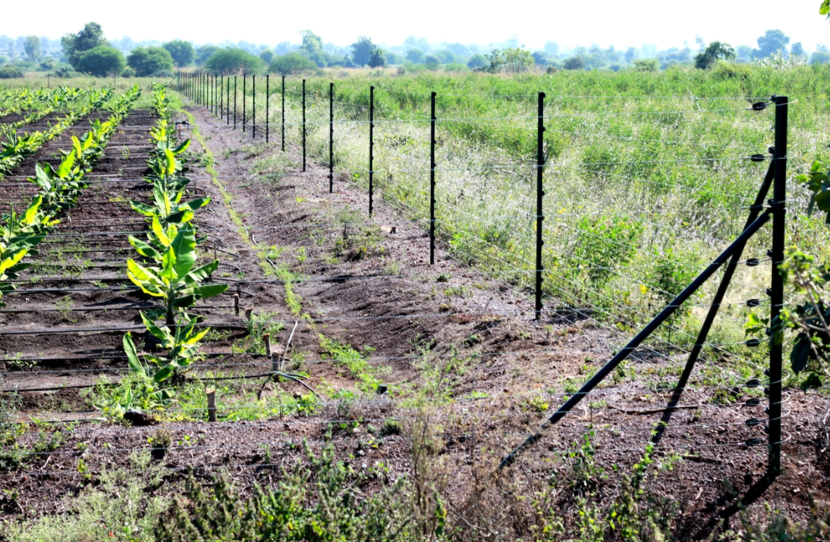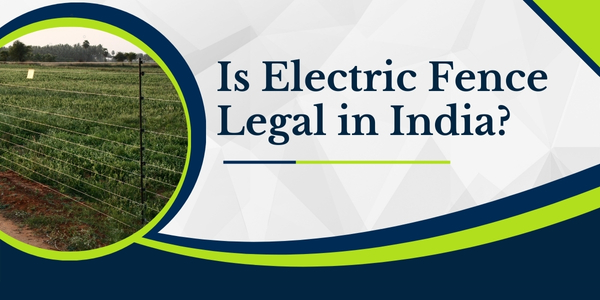Is electric fencing legal in India?
Electric fencing is a popular choice for protecting both farms and properties in India. However, its legality depends on where you plan to install it.

Electric fencing serves as a reliable barrier to protect both agricultural lands and properties from unwanted intrusions and animal encroachments. However, understanding its legality across different contexts in India is crucial to ensure compliance with regulations and mitigate potential risks. Let’s delve deeper into the legal landscape surrounding electric fence, addressing both farm usage and property security.
Electric Fencing on Agricultural Lands:
Across India, farmers often resort to electric fence to safeguard their crops and livestock from animal threats. Yet, the permissibility of such measures varies significantly from state to state. In states like Tamil Nadu, where past incidents of electrocution of endangered species have raised concerns, stringent regulations are in place to govern the use of electric fencing. Farmers are advised to liaise with local wildlife authorities to ascertain the legality of electric fence on their farms and ensure adherence to prescribed guidelines to prevent unintended harm to wildlife.
Electric Fencing for Property Security:
Property owners, including residential complexes, villas, and industrial establishments, commonly deploy electric fence as part of their security infrastructure. Unlike agricultural lands, where environmental considerations play a significant role, the legality of solar fencing for property security is generally more straightforward. Property owners possess the inherent right to protect their premises, making Solar fencing a widely accepted security measure. However, it remains imperative for property owners to exercise caution, adhere to safety standards, and comply with any local regulations governing the installation and maintenance of electric fence systems.
In conclusion, while electric fencing can serve as an effective means of safeguarding both agricultural lands and properties in India, navigating its legality demands careful consideration of regional regulations and environmental implications. By engaging with relevant authorities, farmers and property owners can ensure lawful implementation of electric fence while prioritizing safety, security, and environmental conservation efforts.
























